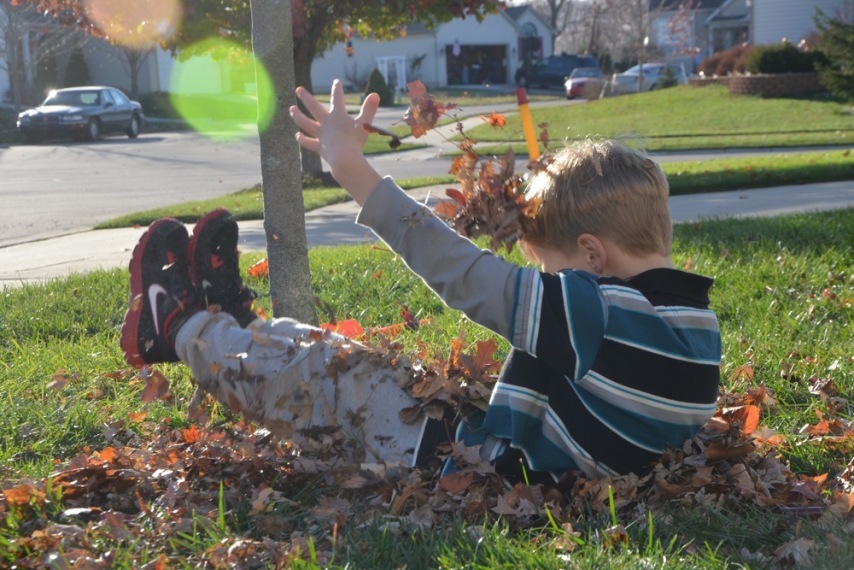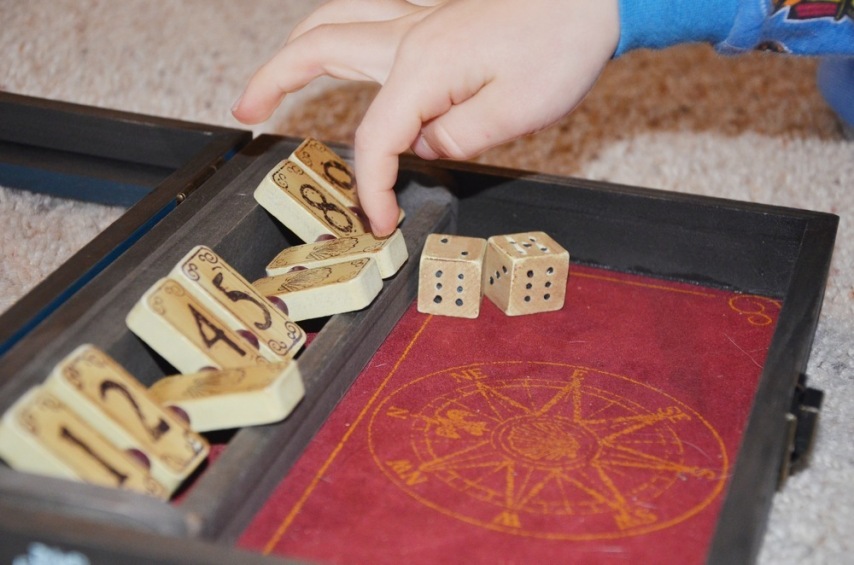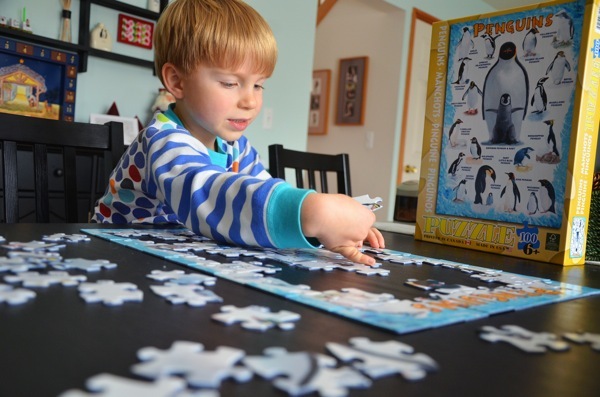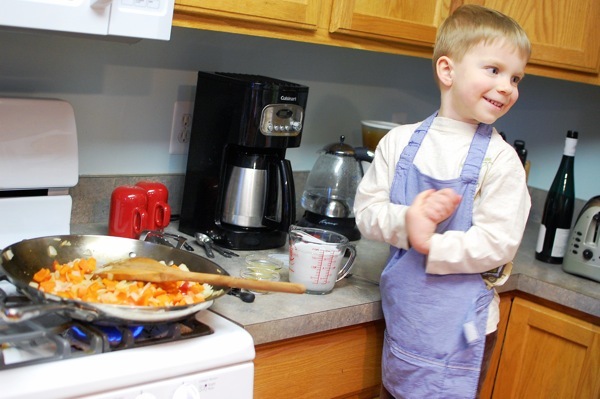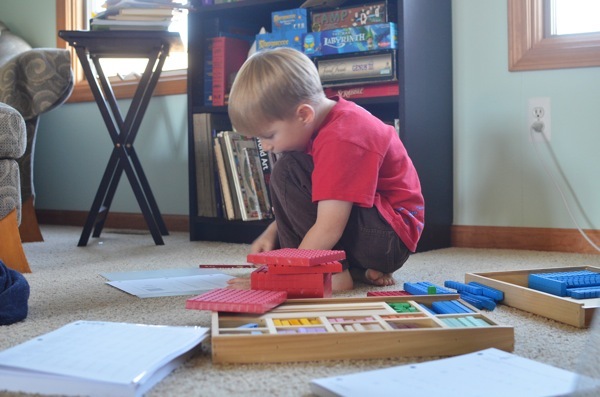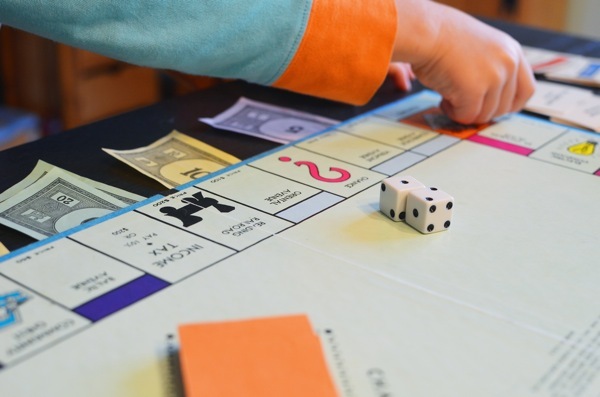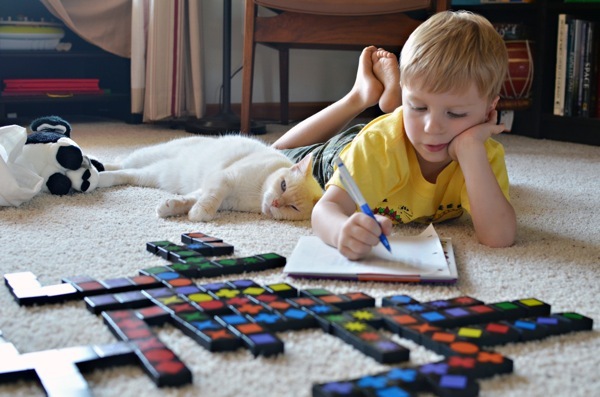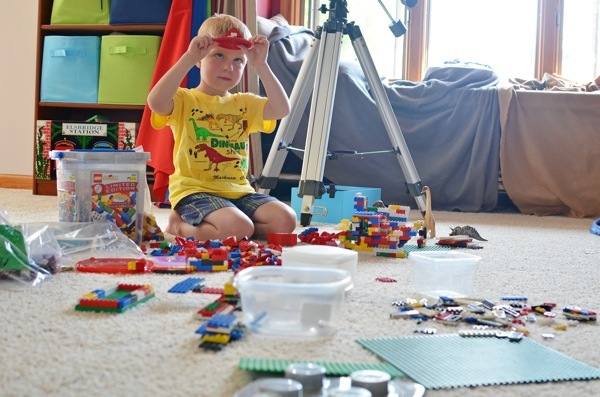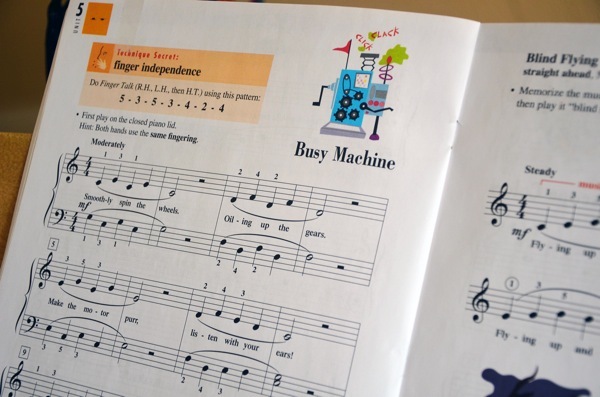Learning tools: TV and Video (age 5)
I don't have much to offer in this field. As a general rule we don't watch TV, not because it's forbidden, but because we don't care for it. I find it over-stimulating and we enjoy getting our information from books. But that doesn't mean we don't use video at all. Nowhere else can you get a good look at animals that live in faraway lands (without leaving your house), or actually see how people lived long ago.
We use the TV mostly for documentaries, usually through Netflix because we don't have cable. We also use a number of internet video sources. I stumble on a lot of fantastic short videos by visiting The Kid Should See This every day. When I find videos I think Calvin will enjoy I pin them to a board on Pinterest so he can explore as he wishes (to avoid YouTube's annoying list of possibly related videos).
We watch a lot of demonstrations, or short animations of concepts.
Right now we use a lot of documentaries (BBC, History Channel, Nova) to get a feel for ancient civilizations.
We enjoy looking up orchestra concerts or operas on YouTube broadcasting them to our TV.
We also enjoy old movies from time to time, like the silents (Charlie Chaplin is a favorite), or old musicals.
Internet video sources (current favorites):
BBC
The Big Bang (Stephen Hawking)
Decorah Eagle Cam
The Epic of Gilgamesh
Eureka! Physics
Formation of the Solar System (Stephen Hawking)
Kahn Academy
Minute Physics (on YouTube)
National Geographic
Ancient Mesopotamia (a timeline)
Prehistory 101: Prologue (from 23andMe)
Prehistory 101 Part 1: Out of Africa (from 23andMe)
Prehistory 101 Part 2: Weathering the Storm (from 23andMe)
Schoolhouse Rock (on YouTube)
TV video (current favorites):
BBC
The History Channel
The Incredible Human Journey (BBC, Alice Roberts)
National Geographic
Nova
Planet Earth (BBC, Attenborough)
The Walking With Series—Monsters, Dinosaurs, Prehistoric Beasts, Cavemen (BBC)
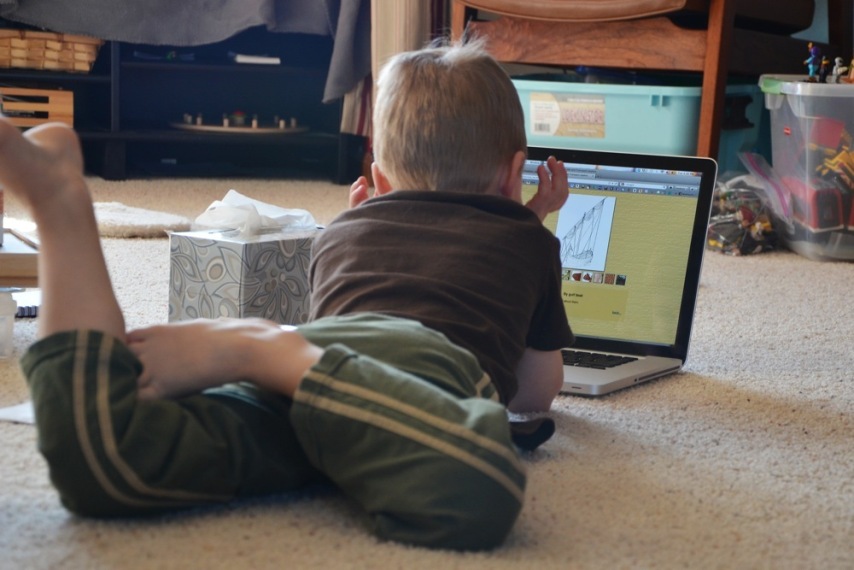
So it's a pretty weak list—kind of a stretch—but it's all I have at this moment. You can find more lists via OLM.
 TV & Video,
TV & Video,  learning & teaching,
learning & teaching,  resources
resources 




